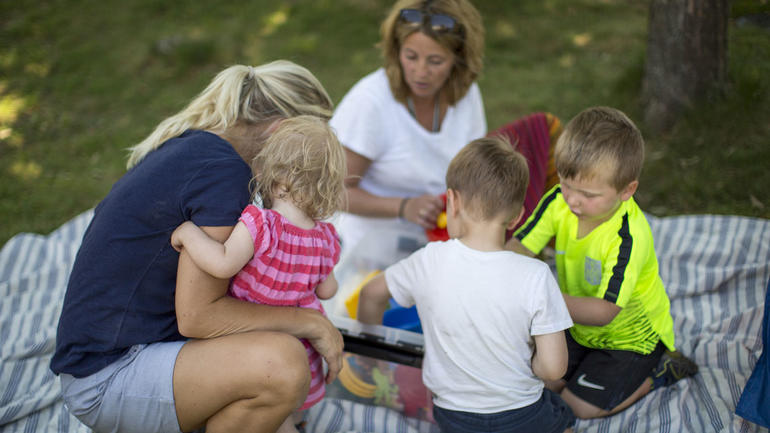The right of children to health and care
The UN Convention on the Rights of the Child outlines the rights of children from birth to adulthood. The duty of the government is to provide and support services and actions to ensure care for children, while parents and guardians are entrusted with the primary responsibility for children’s care and development. A child’s rights should be ensured immediately after birth through the right to a name and nationality, as well as the right to receive care from its parents as far as possible. Children must be protected from abuse and neglect and are entitled to adequate standards of living and health. However, not all children grow up in a safe and caring environment, and some experience neglect, abuse, violence and poverty. At our Centre, we wish to conduct research that covers children’s physical, mental and social health.
Family configurations and family health
Today, women give birth relatively late in life and the nuclear family is no longer the established norm. Yet we still cherish the notion of perfect family life, even though it is often contradicted by our everyday demands and challenges. Research also shows that many fathers feel excluded from maternity wards and that both mothers and fathers sometimes find it difficult to develop a parental identity. For some families, the challenges become too great; today about half of Norwegian families end in separation or divorce. This means that children grow up in a variety of family configurations, such as nuclear families, single-parent families, three-parent families, bonus families and same-sex families. We include this diversity when we research family health.
Research
Idun Røseth and Bente Dahl: Disturbed Maternal Affection and Mother-Child Interaction
This project aims to provide new in-depth insights into disturbances of maternal affection and their impact on mother-child interactions. Phenomenology provides the foundation of the project, but we envision the use of mixed methods in order to explore the phenomenon based on an attachment theory approach and a cultural and gendered perspective.
